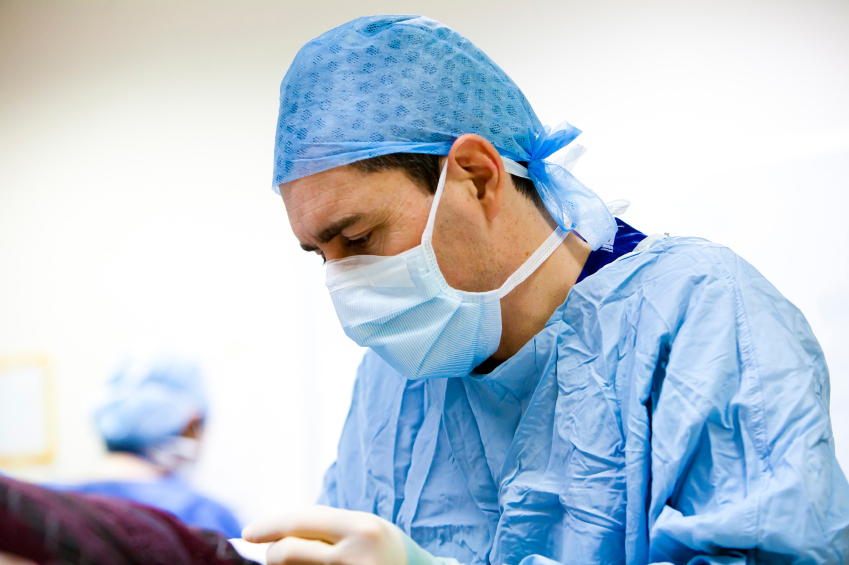“Contrary to perception, death is not a specific moment, but a potentially reversible process”. This is how Doctor Sam Parnia of New York State University concluded a study (AWARE) aimed at the scientific analysis of conscious states and so-called “near death experiences”.
The study carried out in 5 hospitals in the United States, United Kingdom and Austria focused on 330 “resuscitated cardiac arrests”. Amongst these, 140 patients gave one interview whilst the other 101 patients were interviewed on two occasions.
During the first interview, 85 participants had no recollection and confirmed as much during the second interview. The other 55 patients referred to vague sensations:
- 46 of them had specific memories focusing on 7 key themes: fear; animals and plants; a bright light; violence or persecution; déjà-vu or even memories preceding their cardiac arrest.
- 9 people gave conventional accounts of NDEs.
- 2 persons described conscious experiences with specific memories heard or seen at the time of their cardiac arrest.$
One of the 2 recounted surprising facts: “This 57 year-old male claimed that he left his body and watched the scene from a corner of the ceiling”, explained the Medscape France Internet site. He accurately described the facts and procedures carried out by the medical team including the use of the external automated defibrillator (EAD), from which he heard two consecutive beeps. Surprising fact: the description of the scene (including the words spoken during resuscitation and the physical description of certain procedures) recounted by this patient were corroborated by the medical team. Even more surprising: the two beeps of the EAD ‘heard’ by this patient confirmed the duration of the ‘out of body’ experience as three minutes”, explained Dr. Parnia.
Dr. Parnia went on to say that “This account is all the more significant since, until now, death-related experiences have been likened to hallucinations that occur just before cardiac arrest or when the heart starts beating again after successful resuscitation. In this patient’s case, an awareness of what happened was confirmed during a three-minute period when the heart had stopped beating. This is even more paradoxical since the brain stops functioning in the twenty to thirty seconds prior to cardiac arrest and does not start to function again until heartbeat resumes. Furthermore, the precise, mostly visual memories of this case were entirely consistent with actual events”.
The study, which has limitations, should be continued. For Jean-Yves Nau, “it partly opens strange doors” which could clarify legislation at a time when two MPs, Alain Claeys and Jean Léonetti, are preparing to submit their conclusions on the end of life to the French Parliament.
Blog Jean-Yves Nau (4/12/2014) – Planetesante.ch (26/11/2014) – Resuscitation (6/10/2014)

